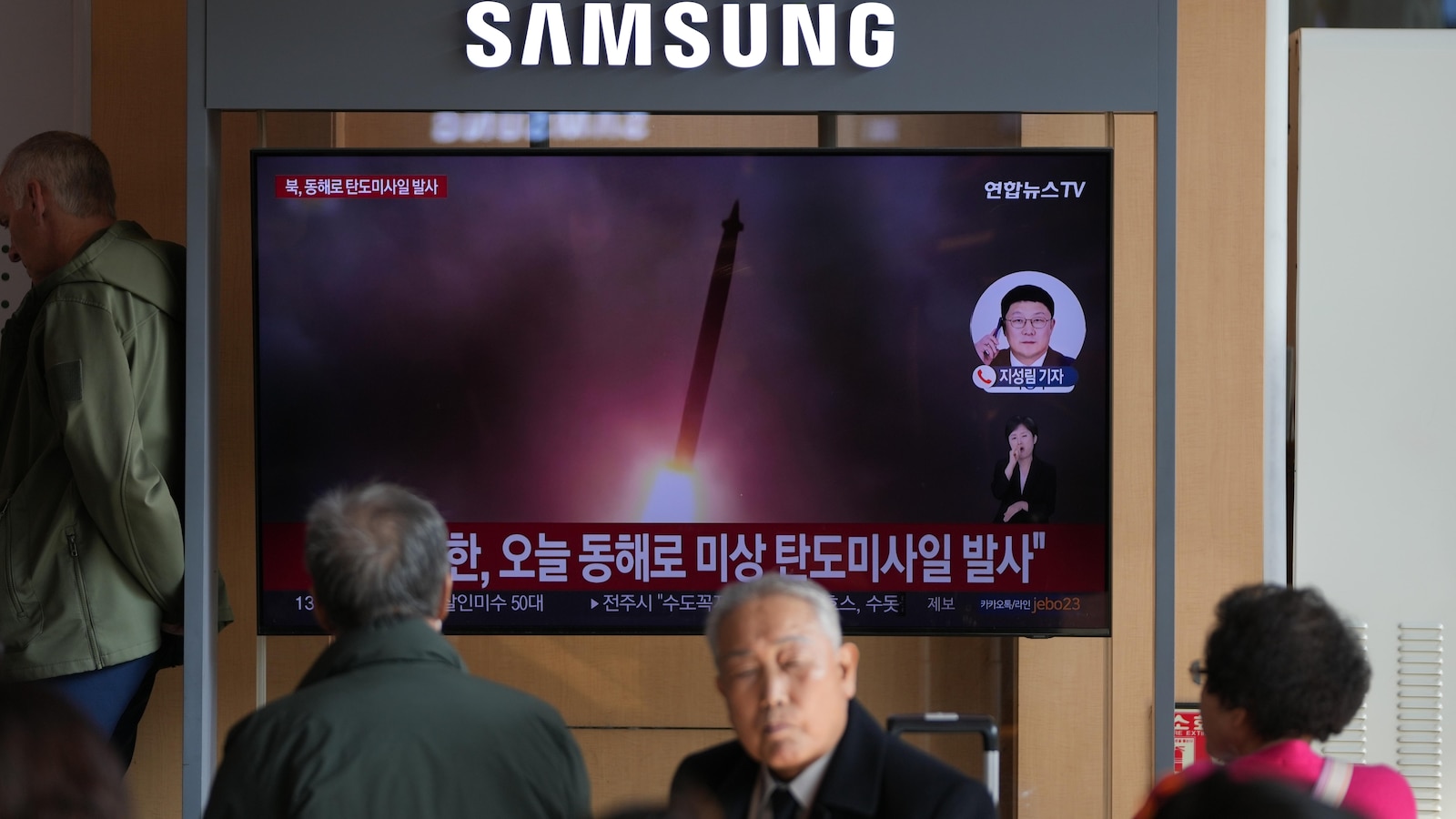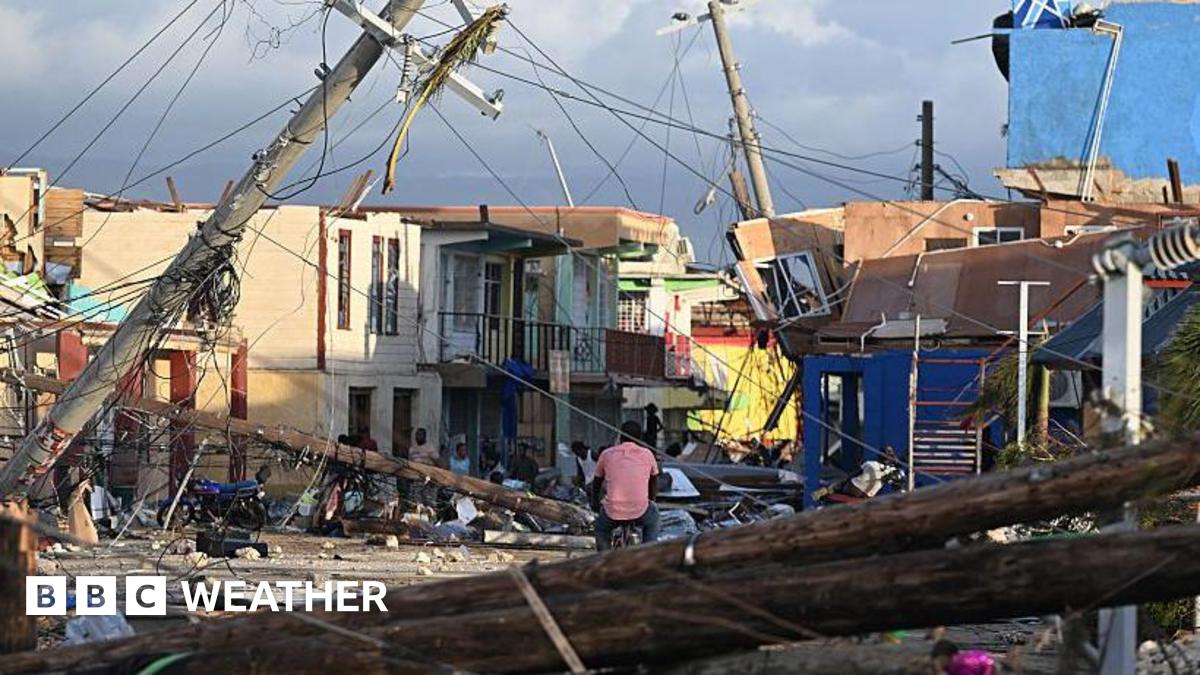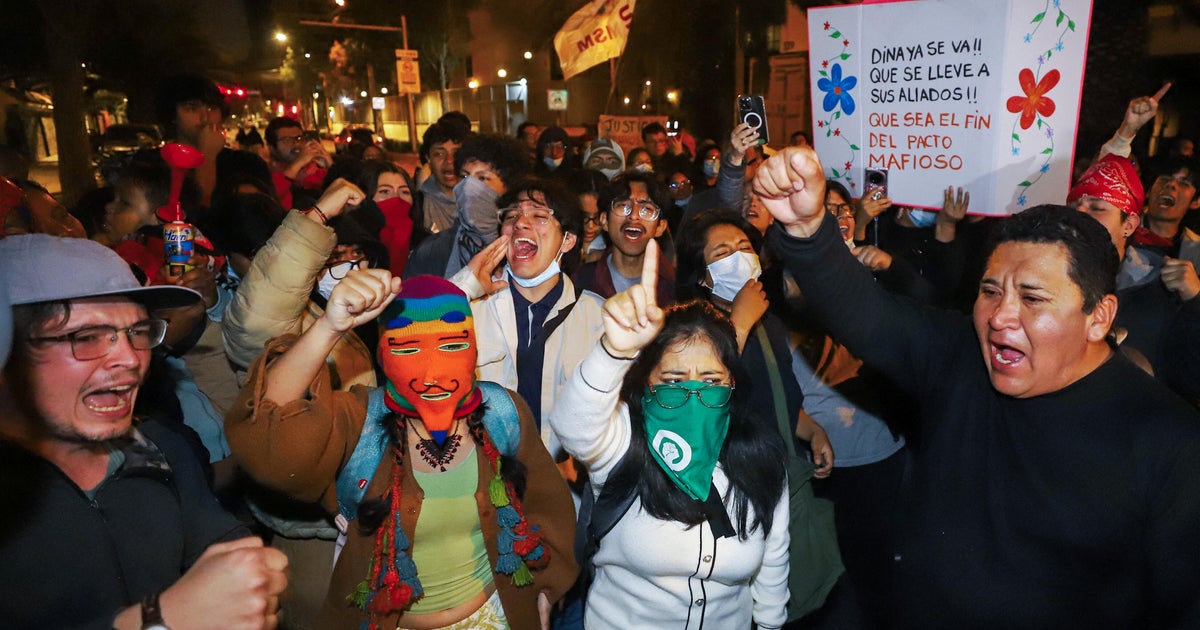The bloc’s 19th package targets third-country buyers of Russian oil, according to European Commission President Ursula von der Leyen
European Commission President Ursula von der Leyen has proposed a new package of sanctions on Russia over the Ukraine conflict, targeting “refiners, oil traders, [and] petrochemical companies in third countries, including China,” accused of helping Moscow bypass earlier restrictions.
Speaking on Friday, von der Leyen said the 19th package of measures against Moscow was drawn up in response to an escalation in the conflict, citing missile strikes on Kiev and alleged Russian drone incursions into Poland and Romania. Moscow has dismissed the accusations as “unfounded.”
“We’re increasing the pressure. With our 19th package of sanctions covering energy, financial services and trade restrictions,” von der Leyen stated.
The new measures extend beyond Europe to foreign energy firms, including in China, which are alleged to be “purchasing oil in breach of the sanctions,” the commissioner said.
The package also proposes to ban imports of Russian liquefied natural gas into EU markets, adds 118 vessels from what Brussels claims is a Russian “shadow fleet” to the blacklist, and places major Russian energy traders Rosneft and Gazpromneft under a full transaction embargo.
Von der Leyen said the measures also seek to close “financial loopholes,” extending transaction bans to more Russian banks as well as lenders in third countries. For the first time, EU sanctions will also cover cryptocurrency platforms, blocking digital transactions. She added that foreign banks tied to Russian “alternative payment systems,” along with entities in special economic zones, will also face restrictions.
The EC is “in parallel” working on a new solution to finance Ukraine, “based on immobilized Russian assets,” von der Leyen said.
“With the cash balances linked to these assets, we can provide Ukraine with a reparations loan,” she stated, adding that “The assets themselves will not be touched, and the risk will be carried collectively.”
DETAILS TO FOLLOW

 1 month ago
24
1 month ago
24










 English (US) ·
English (US) ·